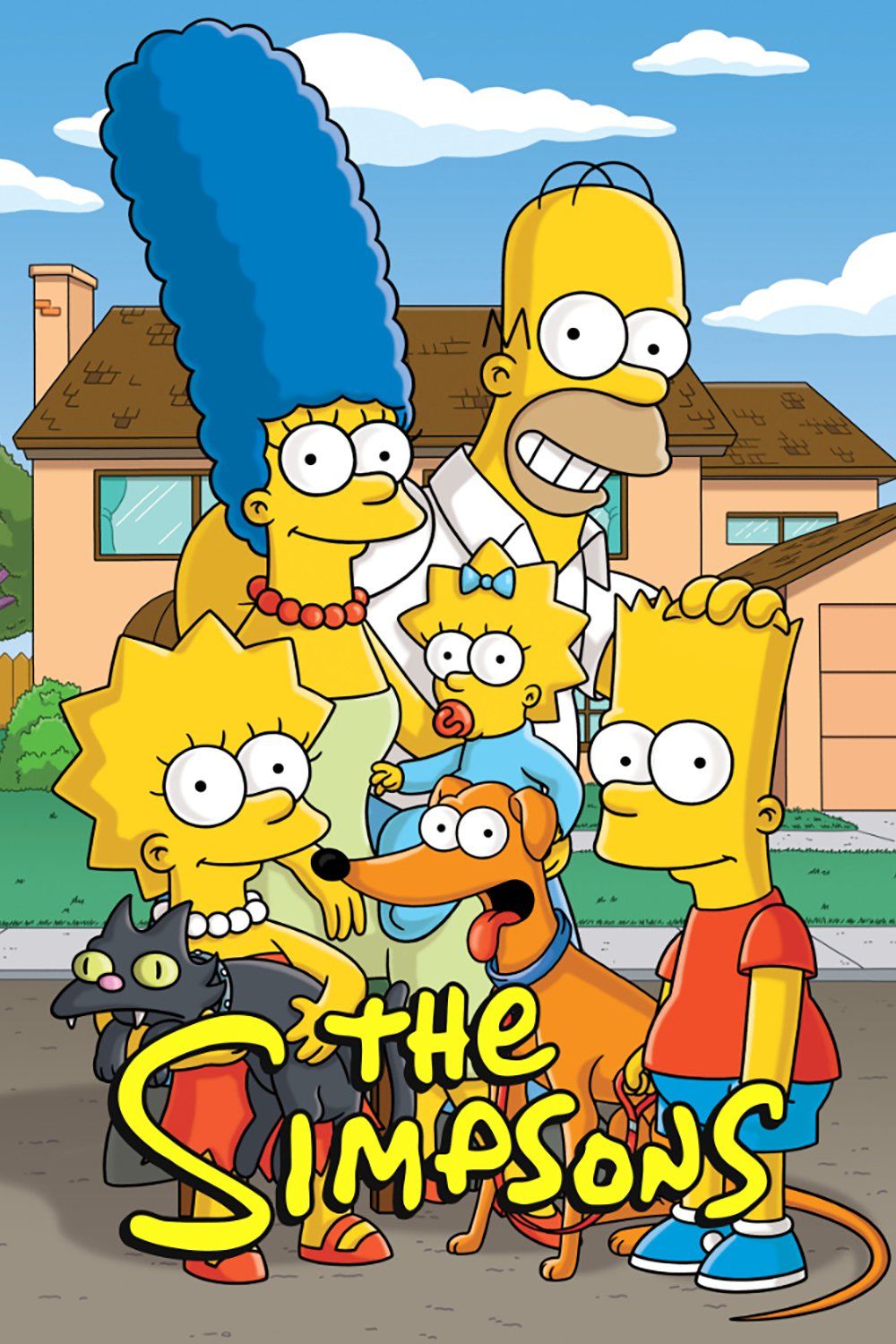The Big Picture
-
The Simpsons
set a gold standard for animated shows aimed at adults by parodying popular movies and TV trends. - “A Fish Called Selma” episode tackled the legacy of
Planet of the Apes
while providing a humorous take on Hollywood’s lack of originality. - The episode predicted current Hollywood trends of rebooting popular franchises, emphasizing audiences’ preference for familiar content.
It cannot be overstated how significantly the television comedy landscape changed throughout the initial run of The Simpsons. By creating an exaggerated, yet oddly predictive, mirror of American small-town life, The Simpsons set a gold standard for what animated shows aimed at adults could look like. The Simpsons was largely inspired by the look of classic “family sitcoms” of the 1980s, but often parodied popular movies like Star Wars, Trainspotting, and Goodfellas. The Simpsons parodied the Planet of the Apes phenomenon in the Season 7 episode “A Fish Called Selma.”
By the time that “A Fish Called Selma” aired on the Fox network in 1996, Planet of the Apes was already deeply embedded within popular culture. The final installment of the original series, Battle for the Planet of the Apes, had been released almost two decades prior, and attempts to expand the franchise into a television show were promptly canceled. However, Planet of the Apes still continued to influence the development of serialized science fiction sagas, inspiring a greater level of philosophy within the genre. The Simpsons examined the peculiar legacy of Planet of the Apes within one of the show’s most hilarious musical numbers.

The Simpsons
The satiric adventures of a working-class family in the misfit city of Springfield.
- Release Date
- December 17, 1989
- Main Genre
- Comedy
- Seasons
- 36
- Studio
- Fox
‘The Simpsons’ Parodied ‘Planet of the Apes’ in ”A Fish Called Selma”
As universally likable as the core family is, The Simpsons often found success by focusing on some of the more underrated members of the Springfield community. “A Fish Called Wanda” centers on the washed-up actor Troy McClure (Phil Hartman) as he attempts to mount a comeback. As broad as much of the comedy on The Simpsons is, the depiction of the challenges of stardom are remarkably authentic. McClure finds that new career opportunities are few and far between, as Hollywood is more interested in drawing from a younger crop of talent. However, his agent MacArthur Park (Jeff Goldblum) manages to convince him to try out for a musical version of Planet of the Apes titled Stop the Planet of the Apes — I Want to Get Off! The title is a reference to the 1961 stage show Stop the World – I Want to Get Off by Leslie Bricusse and Anthony Newley.
Despite his initial skepticism about the project’s viability, McClure’s audition goes well; he ends up earning the role of the astronaut George Taylor, who was famously portrayed by Charlton Heston in the original film from 1968. The Simpsons incorporates a musical number that hones in on the history of the Planet of the Apes franchise. McClure sings a song titled “Dr. Zaius,” a reference to the main antagonist of the original franchise played by Maurice Evans. While in the film, Zaius is a biological extremist who intends to wipe out humanity, The Simpsons transforms his evil plan into a vaudeville-style musical number filled with corny puns like “from chimpan-A to chimpan-Z.”
The Simpsons has tackled more than a few movie parodies, but the jokes in “A Fish Called Selma” are deeper than just oblique references. The musical number itself is peppered with references to the pivotal narrative events of the first film, including Taylor’s shocked reaction to Earth’s transformation and the emergence of a superior species. One of The Simpsons’ greatest abilities has always been to help introduce older moments of popular culture to a younger audience that may not have experienced it during its initial release. It’s likely that many younger Simpsons fans were inspired to check out the Planet of the Apes franchise for the first time after hearing “Dr. Zaius.”
“A Fish Called Selma” Tackled the Legacy of ‘Planet of the Apes’
Although Planet of the Apes became one of the most popular adventure movies of the 1960s, its easy to forget just how bold the original film was. Planet of the Apes presented the notion that mankind would become so incompetent that a “lesser” species could evolve and take its place; remarkably, the audience grows equally invested in the ape and human characters over the course of the franchise. The Simpsons lampooned just how absurd the Planet of the Apes films were by placing them within a modern popular culture context. Considering that the apes in the series begin to obtain human-like qualities, it’s not that much of a stretch to imagine them performing a musical routine.
While the parody was inserted purely to entertain, The Simpsons and the Planet of the Apes franchise both examine the failings of a traditionalistic society. The Simpsons blew up the concept of the “nuclear family” that was popularized on sitcoms from the 1980s, revealing the inherent absurdities of suburban living. Similarly, Planet of the Apes offered a dire warning about humanity’s future, suggesting that humanity has little time left if it continues on its current trajectory.
‘The Simpsons’ Predicted Current Hollywood Trends
“A Fish Called Selma” presents the notion of a Planet of the Apes musical as an extreme example of Hollywood’s inability to develop original ideas; the industry is so unwilling to let go of the past that they turn to an antiquated property for inspiration. Ironically, the concept of rebooting popular franchises from the past is now normal within Hollywood. If the recent box office results indicate anything, it’s that audiences are more willing to invest their time in films that are connected to something they’re already familiar with. It’s more than a little telling that “A Fish Called Selma” aired long before Tim Burton remade the Planet of the Apes film and a new series of prequels were developed.
Although the musical number ranks among the best in The Simpsons‘ history, “A Fish Called Selma” is deeply cynical about Hollywood’s creativity. Troy ultimately accepts the role in the Planet of the Apes musical as part of a sham marriage involving Marge’s sister, Selma. Although there’s enjoyment to be had from his work, McClure is ultimately a shallow Hollywood figure who’s willing to betray anyone to advance his career.
The Simpsons is streaming on Disney+ in the U.S.



